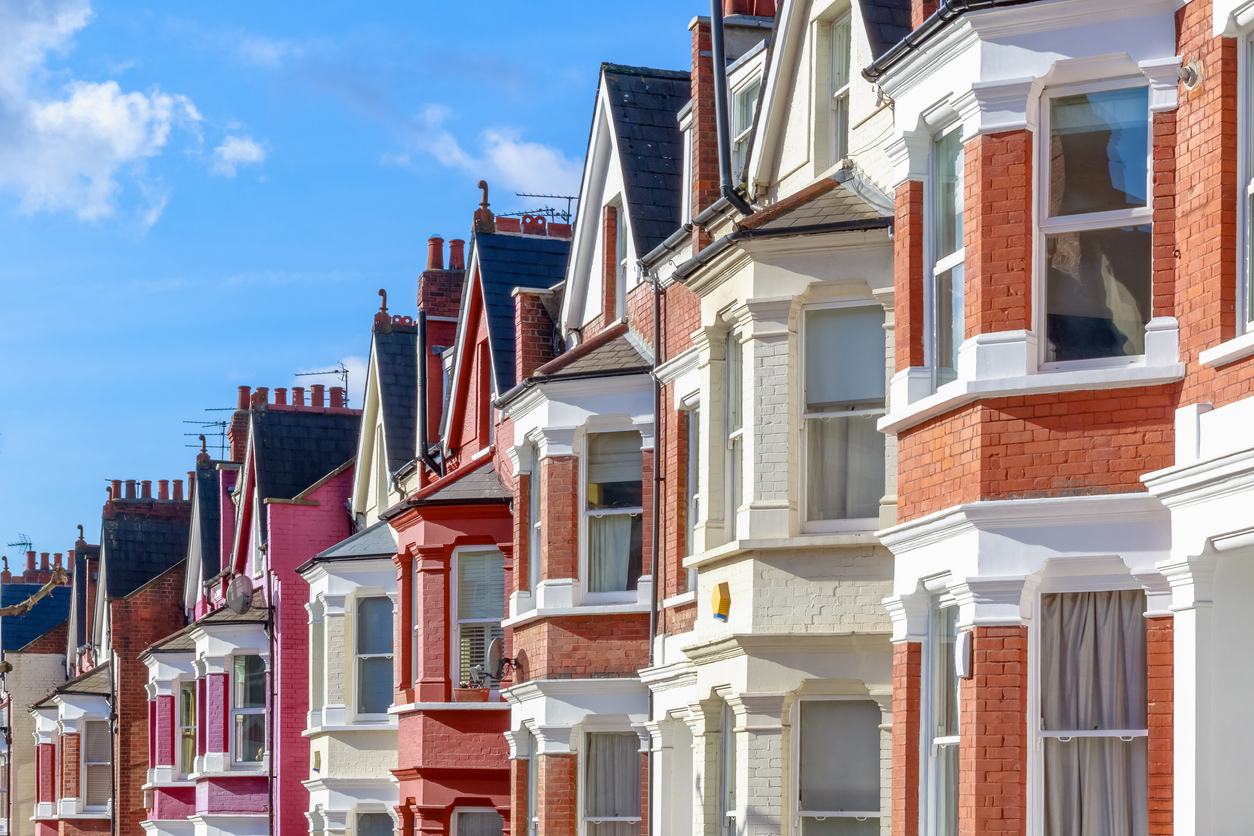
New lending agreed to be advanced was at £87.7 billion in the final quarter of 2020 – a high not reached since Q3 of 2007.
The data from the Mortgage Lenders and Administrators Statistics report for Q4 has highlighted the impact the stamp duty holiday had on the mortgage and property market at the end of last year.
But it also provided evidence of a dip in the number of 90% loan-to-value mortgages, which fell to a record low in Q4. The data showed the share of mortgages advanced in the quarter with LTVs over 90% was 1.2% – this is 4.5 percentage points lower than a year earlier and lowest since statistics began in in 2007.
Karen Noye, mortgage expert at Quilter, said: “It’s not surprising that [Rishi] Sunak during the budget introduced the new Help to Buy mortgage guarantee scheme to throw a bone to the first-time buyers who have had the rug pulled from under them since the pandemic started due to the surge in house prices and lack of high LTV deals.”
The report also revealed the outstanding value of all residential loans was £1,541.4 billion at the end of 2020 Q4 – this was 2.9% higher than a year earlier.
The BoE said the value of gross mortgage advances in 2020 Q4 was £76.6 billion, which is 4.2% higher than in 2019 Q4.
It’s data revealed the share for house purchases for owner occupiers was 63.9% – this is up 11.8pp from the final quarter of 2019. Meanwhile the share of gross advances for remortgages for owner occupation was 18.5%, which is down 10.7pp since 2019 Q4.
Balances with arrears accounted of 0.93% of the outstanding mortgages having increased by 3.4% over the quarter to £14.3 billion.
Jeremy Leaf, north London estate agent and a former RICS residential chairman, says: “Although a little dated, these comprehensive figures clearly illustrate the tidal wave of transactions trying to take advantage of the stamp duty holiday, prior to its recent extension.
“Since a pause in January and early February, speculation about the 31 March deadline being moved, easing of lockdown and success of the vaccination rollout, have all resulted in the tearing up of many house price fall predictions.
“As a result, we are likely to see a market much more balanced between supply and demand but fewer sales as so many buyers and sellers brought forward their decision-making.”



